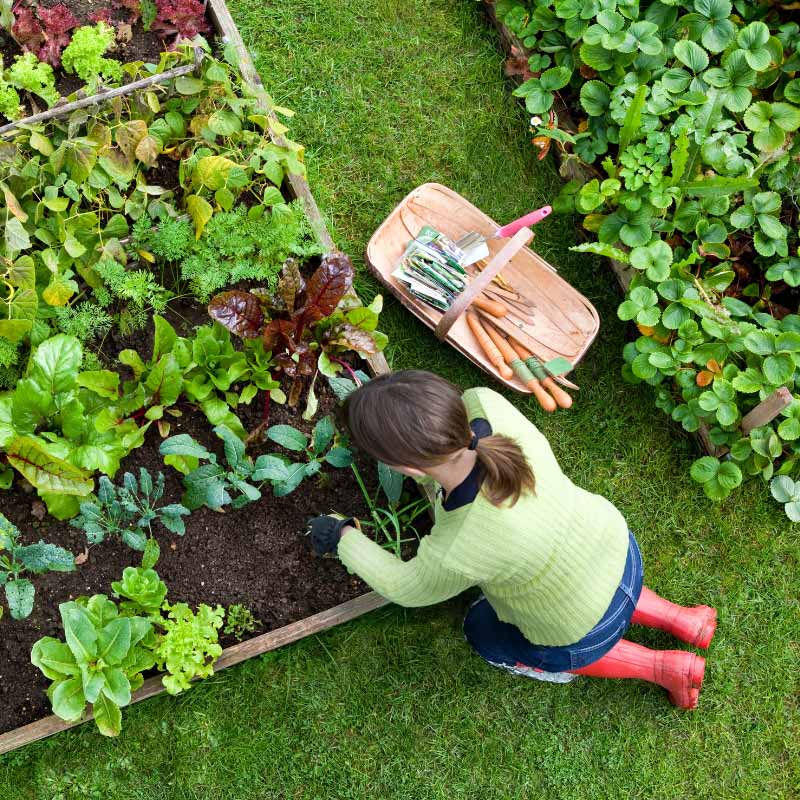Sustainable Gardening Tips for the Eco-Conscious Gardener
Do you fancy yourself as an eco-warrior? Here are a few tips to help you create a sustainable garden, to benefit your plants, the planet, and your budget.
Consider Composting
Composting really is fantastic for your garden and the planet. Not only can composting save several kilos of food scraps from entering landfill each year, but it can also provide a wonderful chemical-free fertiliser for your plants. Want to learn how to create your own compost? Click here.
Water Without Waste
Did you know that during peak times, around 70% of our water supply in Australia is used to look after our gardens? This level of demand can put pressure on providers to top up the supply from naturally occurring water sources. So, to create a truly sustainable garden, it’s best to minimise the amount of ‘supplied’ water your garden consumes. How? Here are a few tips.
- Avoid watering on days where rain is predicted (to avoid doubling up on watering), and place buckets around your backyard to catch and reuse excess rainwater.
- When you start your shower or kitchen tap, place a vessel underneath to catch the cold water before the warm water comes through, and reuse.
- Re-rout your gutters and downpipes into your garden beds, or into a rainwater tank.
- Add mulch around the base of your plants, to reduce the level of moisture loss.
Protect from Pests (Naturally)
Have you spotted a cluster of aphids on your rose bush, or a group of whiteflies on your tomato plants? It could be tempting to reach for the chemical deterrents. However, chemical pesticides can easily leech into the soil—and in some cases, into groundwater below, wreaking havoc on the surrounding environment. Fortunately, there are a few natural alternatives to help you avoid the nasty pest-deterring chemicals.
First, you could pick up some horticultural white oil. Most white oils (like neem oil) are safe for the environment and the flora and fauna in Aus. In fact, you can even make your own with a few household items. Otherwise, try investing in some predatory insects. While releasing more insects into your garden might seem slightly counter-intuitive, predatory insects are a safe way to control several invasive pests without damaging your plants. So, do a bit of research, and find some suitable predatory, pest-eating insects for your garden.
Could you use some help in the backyard? Here at Simply Helping, we offer flexible gardening and lawn mowing services as part of our home care! Click here to learn more and contact us today!





